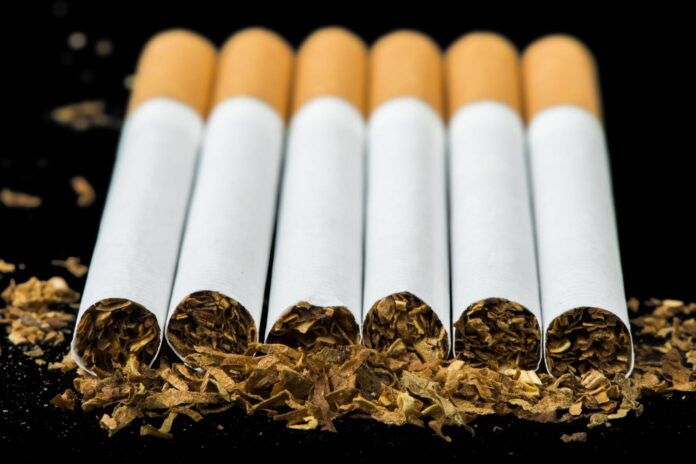The World Health Organisation (WHO) has called on Pakistan’s Federal Board of Revenue (FBR) to reconsider its tobacco tax policy, emphasising the need for urgent tax increases to tackle both the public health and financial burdens caused by tobacco consumption.
The WHO highlighted the alarming annual cost of tobacco to Pakistan, estimating that it leads to 164,000 deaths and a loss of approximately $2.5 billion, or Rs 700 billion. To address these issues, the WHO has submitted detailed proposals to the FBR for the 2025-26 budget, urging the government to raise the Federal Excise Duty (FED) rates on tobacco products.
The recommendations also include ensuring regular adjustments to the FED rates to keep pace with inflation and curbing manipulations in the tobacco industry’s sales mix.
According to the WHO, the recent low growth in cigarette tax revenues—7.4% in the first nine months of FY 2024-25—can be attributed to the industry’s shift towards lower-taxed economy brands. The industry, the WHO asserts, has increased production of these lower-taxed brands by nearly 30% since last year, a move that reduces the overall tax collection.
Meanwhile, the production of premium brands has declined by 53.4%. This shift has exacerbated the revenue shortfall, as the taxes on economy brands are significantly lower compared to premium products.
The WHO also pointed out that the FED rates on cigarettes have remained unchanged since February 2023, despite a 26% rise in inflation. This failure to adjust the tax rates in line with inflation has reduced the real value of the tax collected, leading to a loss of approximately Rs 82 billion over the past two years. In light of these discrepancies, the WHO urged the FBR to raise the FED rates on economy and premium cigarettes to Rs 127 and Rs 416 per pack, respectively, to restore their inflation-adjusted value.
While the tobacco industry has blamed the revenue shortfall on rising illicit trade, the WHO contradicted this claim, noting that official data shows a significant increase in legal cigarette production. According to the WHO, the industry’s attempt to shift the blame to illegal trade is unfounded, as production of economy brands has surged by nearly 30%, contributing to the dip in tax revenues.
The WHO emphasised that a balanced and fair taxation policy is crucial not only for raising necessary revenue but also for addressing the public health crisis caused by tobacco consumption. By raising taxes, Pakistan can generate revenue while simultaneously curbing tobacco use, which remains a major risk factor for chronic diseases and premature deaths.




